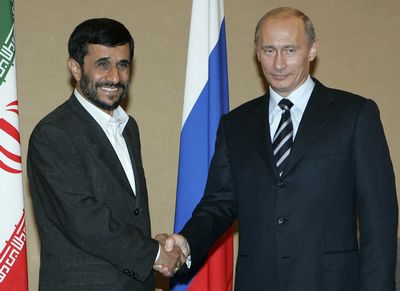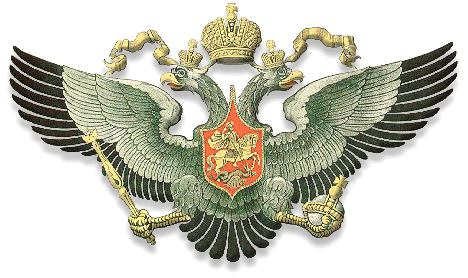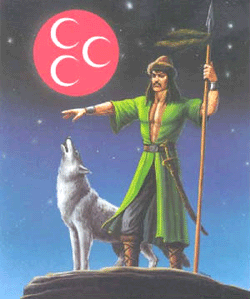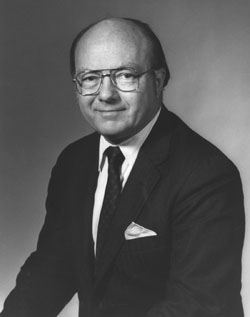Re: The Rise of the Russian Empire: Russo-Armenian Relations
This is no surprise. Turkey has always had animosity towards Russia ever since Catherine started expanding the Empire, which eventually led the Russian empire onto the doorsteps of the Ottomans. It was no different then and it is no different now.
This is no surprise. Turkey has always had animosity towards Russia ever since Catherine started expanding the Empire, which eventually led the Russian empire onto the doorsteps of the Ottomans. It was no different then and it is no different now.






















Comment